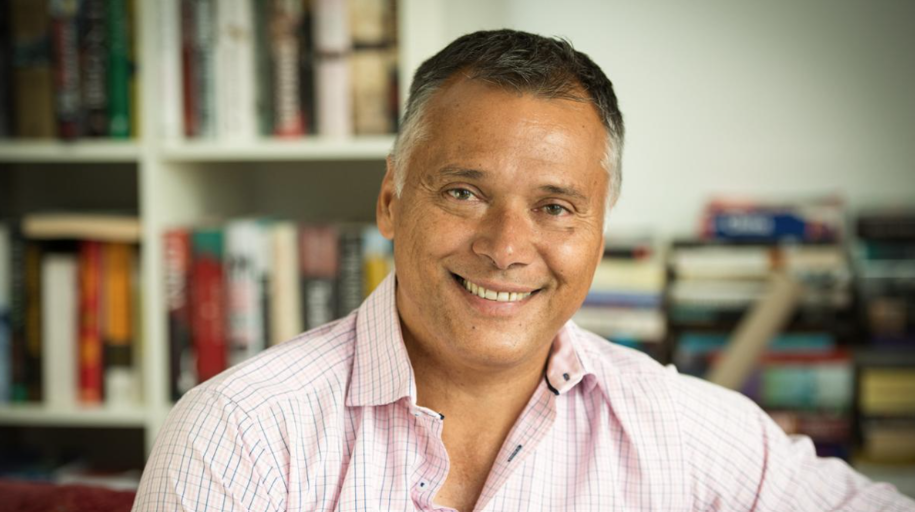Sydney, October 28, 2024 — Dr. Stan Grant delivered the David Cooper Lecture at the University of New South Wales (UNSW) on Monday, exploring themes of love, spirituality, and the impact of modernity on society in a thought-provoking address titled “Soul Blindness: How a Sick Society is Killing Us All.”
In a deeply personal lecture, Dr. Grant paid tribute to the late Dr. David Cooper, a pioneering HIV scientist and founder of the UNSW Kirby Institute. Describing Dr. Cooper as a man driven by faith and compassion, Dr. Grant shared that their different religious backgrounds—he is Catholic and Dr. Cooper was Jewish—never obscured their common humanity. “David knew something else,” he said, “He knew to be human is to be divine.”
Throughout his address, Dr. Grant’s reflections on his Christian faith and its overlap with Indigenous spirituality served as a central theme. Referencing comments by former Pope Benedict on Indigenous religions, he described how walking on sacred country was, for him, a way of experiencing God’s presence. “We have lost the language of God. We have lost the language of grace,” he said, adding that “God transcends the human binaries of gender.” Quoting theologian Jürgen Moltmann, he asserted that “forgiveness is the highest form of sovereignty,” calling it a divine act of love.
Dr. Grant also spoke about the divisive state of modern society, lamenting the ways in which modernity has, in his view, estranged people from spiritual values and human connection. “We are not born to hate, to chaos, or to kill. We are born to love,” he asserted, while condemning what he termed the “nihilism of modernity” and the forces he believes “set fire to the world.” Grant drew on French philosopher Albert Camus and his criticisms of self-centred societies, quoting Camus’ view that “if one believes in nothing, then everything is permitted and nothing is important.”
Technology, he argued, has contributed to society’s alienation. He described witnessing people’s fixation on their phones during his morning walk, where sunlight and nature were “reduced to a pixelated image.” This technological dependency, he said, left people in a “transcendental state of boredom” and deprived of genuine human experiences. Citing T.S. Eliot, Dr. Grant noted, “They had the experience but missed the meaning.”
Addressing the recent referendum on Indigenous representation in Australia, he reflected on his Indigenous heritage and the spirituality of his people. “Aboriginal people are not people of politics, we are not people of godless modernity that banishes God,” he said, adding that Christianity and Indigenous spirituality are united by the shared essence of love. Reflecting on his father’s role in preserving the Wiradjuri language, he noted, “He sits there with the love of his people and country.”
During a Q&A session, Dr. Grant responded to a question on the influence of the Religious Right in American politics, saying that their version of God is “the modern version” associated with nationalism and power. “By the time America was born, God had been wrestled down to earth,” he remarked, noting that he does not recognise the God invoked in America’s political rhetoric.
Dr Stan Grant has a PhD in theology and is a veteran journalist, having worked for the ABC and CNN for decades. He has won three Walkley’s, a Peapody, and three Logies. He is a professor at Charles Sturt University.
The event was chaired by Isabella Higgins, ABC’s Indigenous Affairs correspondent and a Torres Strait Islander woman who recently returned from three years overseas as a foreign correspondent. The lecture concluded with Dr. Grant’s reflection on his journey from a war correspondent to a PhD in theology. He emphasised that, despite the political and technological divides, humanity’s true purpose lies in love, unity, and the capacity for forgiveness.
The Welcome to Country was conducted by Aunty Maxine Ryan, a Darug woman.
Jonathan Foye and Adrian Drayton












